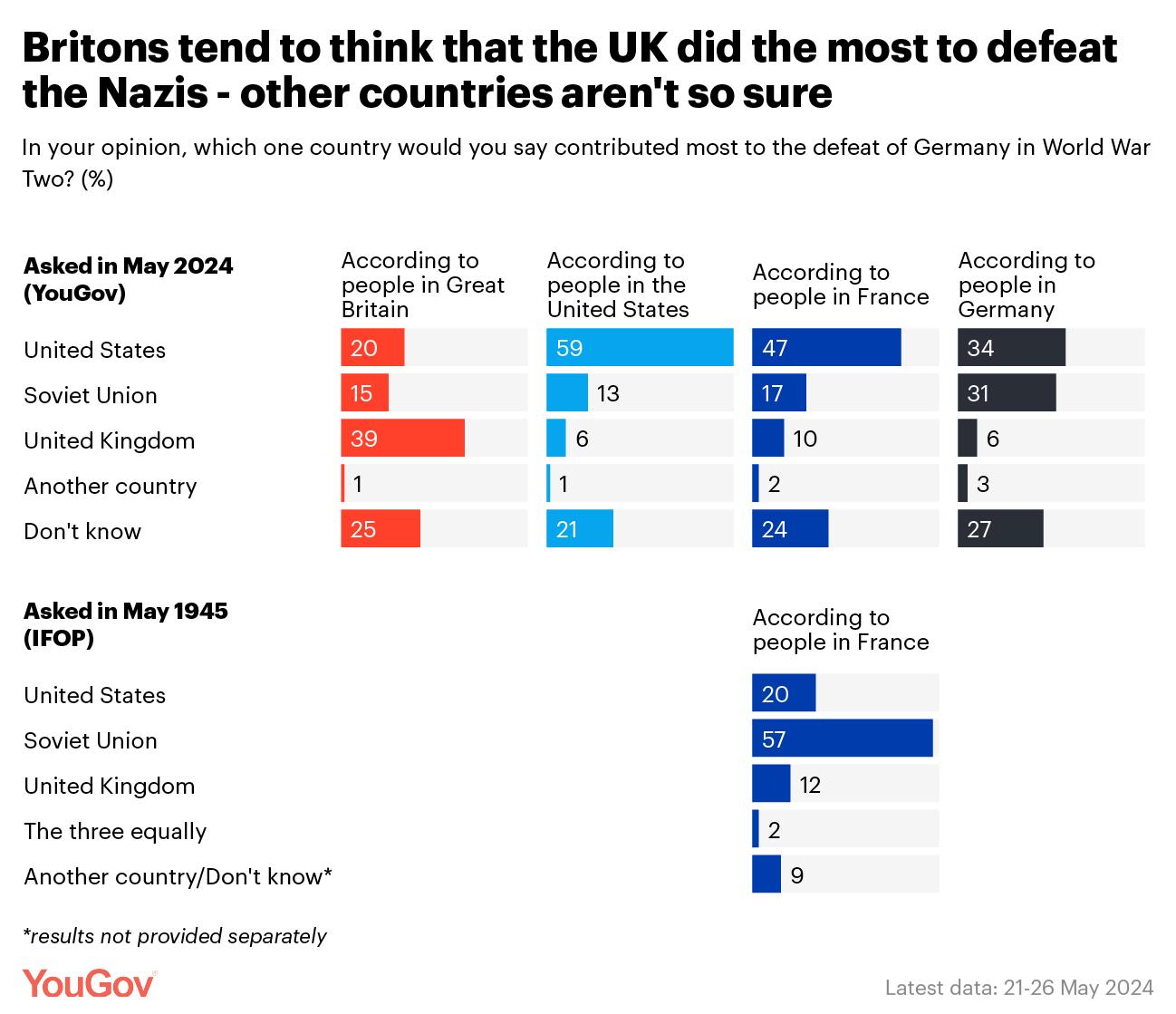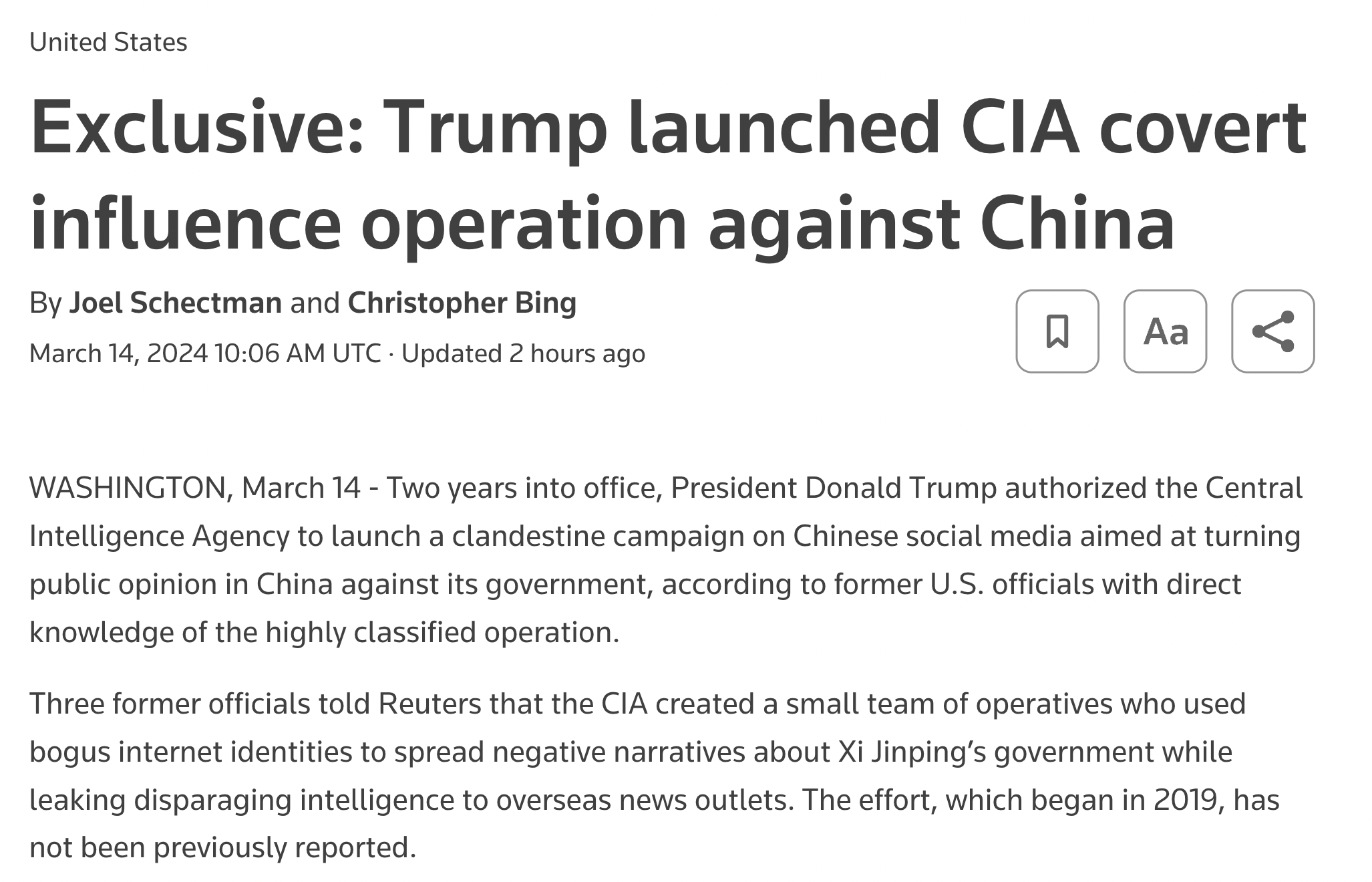Lyrics from: https://genius.com/Macklemore-hinds-hall-2-lyrics
[Chorus: Anees, Anees & Choirs, Mackelmore]
In our lifetime we will be free
One day when the light shines we will be free
In our lifetime we will be free
And they can bury us
But they will find out we are seeds
Oo-ohhh, Oo-ohhh
Oo-ohhh (Louder), Oo-ohhh
They can bury us
But they will find out we are seeds
[Verse 1: Anees]
I say free Falasteen because I know of every massacre we suffered
The Nakba, Sabra, Shatila, Rafah
My people have died a million times in their struggles
'Til they rise from the tidеs
Like a rose through the rubblе
I see God himself in the eye of a refugee
Who rather die a martyr than live a life under siege
So if I'm not allowed to say from the river to the sea
Then from the rind to the seed Palestine will be free
Still, they know they can't shake us
Billion-dollar sword to that neck
Death cannot break us
In every Palestinian refugee holds a key
One day we will return
No matter how long it takes us
[Chorus: Anees & Choirs, Macklemore]
In our lifetime we will be free
One day when the light shines we will be free
In our lifetime we will be free
And they can bury us
But they will find out we are seeds
Oo-ohhh, Oo-ohhh
Oo-ohhh (Louder), Oo-ohhh
They can bury us
But they will find out we are seeds
[Verse 2: MC Abdul]
(Yeah, yeah)
I've seen massacres, I'm grateful to be alive
You appreciate life when you survive a genocide
Look in my eyes and tell me what you see
Ran out of tears to cry, rap 'til Palestine is free
Got a problem with the system that doesn't want us existing
Turn this city to a prison that's missing living conditions
My moms calling, she's telling me she's kinda scared
I hear the bombs fallin', I smell the death up in the air
My uncle lost his children, I lost my cousins
His tears water their graves to let them know he still loves 'em
Our schools turn to shelters for the rich and poor
I just pray for peace
When I speak, I don't wish for war
Bodies layin' out, ain't nothing to play about
I give my people hope 'cause I'm the first who made it out
I'm just walking the path, this is God's plan
Building up my dreams with the rubble, I touched with my hands
[Bridge: Amer Zahr & Choirs]
في حياتنا من كُن حُرّين (In our lifetime, we will be free)
الماء والنور ومنكم حُرّين (With water, with light, and from you, we are free)
في حياتنا من كُن حُرّين (In our lifetime, we will be free)
لو دفنونا نرجع مزهرين (If they bury us, we will return blooming)
From the river to the sea
Palestine will be free (Louder)
From the river to the sea
Palestine will be free (Louder)
[Verse 3: Macklemore]
They done woke up the world now
We know who you serve at the White House
To kids in Gaza my vow right now
I'ma ride for your life like you were my child
Long live the resistance if there's something to resist
Had enough of you motherfuckers murdering little kids
PC for a minute, I was trynna be a bridge
But there'll never be freedom by pleading with Zionists
World screaming, "Free Palestine"
We see the manual we know how you colonize
You'd be surprised by how many fucks we actually really don't give
When you take away that power of the all-mighty dollar sign
Fuck the allure, we'll boycott the stores
Capitalism killing us that's something we can't afford
They want us to hate each other in the interest of war
Afraid of the mosque and afraid to like them Anor
Hey Kamala, I don’t know if you listening
But stop sending money and weapons you ain't winning Michigan
We uncommitted, and hell no we ain't switching positions
Because the whole world turned Palestinian
I see them murdered children in Gaza and I see my babies
Life being stripped from the bombs we're making
When will Congress decide a Palestinian's life is just as precious as an Israeli's
We don't own the earth, don't own the earth
We're killing each other over some lines in the dirt
We bleed the same blood, feel the same hurt
Palestinian life, does it have the same worth?
What happened to us?
What happened to us?
[Outro: Amer Zahr & Choirs]
في حياتنا من كُن حُرّين (In our lifetime, we will be free)
الماء والنور ومنكم حُرّين (With water, with light, and from you, we are free)
في حياتنا من كُن حُرّين (In our lifetime, we will be free)
لو دفنونا نرجع مزهرين (If they bury us, we will return blooming)
From the river to the sea
Palestine will be free (Louder)
From the river to the sea
Palestine will be free (Louder)




Interestingly, Russian media is corroborating the Reuters report that Putin has leaned into the "DPRK personnel in Russia" topic during a BRICS presser:
I think this sort of "wink wink" non-denial from Putin really does suggest that DPRK military personnel are not just "in the Russian Federation" but somewhere substantive, perhaps specifically, in the Kursk region, most likely observing but also potentially providing auxiliary or technical assistance. The recent agreement that was just signed between Russia and the DPRK was a mutual assistance treaty and something of that sort would provision for the possibility of DPRK military support in the event of legitimate attack, which Ukraine indeed is conducting through its assault on actual Russian territory in Kursk.
This would hypothetically square the hemming and hawing from the West about the topic and is likely why most of the Western narrative on the "DPRK intervention" so far has had this tortured vocabulary of ambiguously accusing the DPRK of entering into the conflict without often explicitly stating that the DPRK personnel are in Ukraine itself. It explains how much of the coverage is more focused on that South Korean comprador president's threats of retaliation rather than taking a microscope to the alleged DPRK act itself.
It's therefore worth assessing this hypothetical scenario properly. The implications of this would be enormous, if true. For Russia, I'd say there's always been a sense from their side that they've been searching for a way to make Ukraine recognize some consequence for taking the fight into actual Russian territory (beyond the historical irony of attacking Kursk). The activation of a mutually defensive pact would be a way to do it, that can also be justified in terms of international law. The ability to reply to the Kursk incursion, which is costing Ukraine nothing but its least prized commodity - its people - by claiming the Ukrainian propaganda stunt triggered a Russian defensive pact clause would be the type of assertive rejoinder sufficient to deflect the passive image of being caught on the backfoot and stuck playing a reactive role, which is the Western narrative being pushed to create through the incursion.
As for the DPRK, if its relationship with Russia really has developed to such a public extent, I'd call this, without exaggeration, the most momentous paradigm shift in East Asian geopolitics since the DPRK's nuclear proliferation in the 2000s or even the collapse of the USSR. Especially if the South Korean lackey leadership is compelled, optics-wise, to respond to the DPRK's potential participation. This would begin a series of brinksmanship that binds the South Korean (and US) side in a Catch-22. Neither South Korean chaebol military boondoggles nor forcibly conscripting K-Pop stars into Ukraine would be ultimately relevant in shifting the fundamental NATO inability to alter the material conditions of the Russian attritional grind against Ukraine.
More importantly, given that the half-hearted character of the US role in Ukraine is being self-rationalized by the Pentagon as purely due to it "saving itself" for the great fantasized showdown against China, the diversion of any South Korean materiel and manpower away from the East Asian theater would be detrimental to the overall US military objectives of being still unable so far to fulfill that "Pivot to Asia." The idea that South Korea entering on the Ukraine side would bind irrevocably it to NATO and thus preventing such a scenario is "vital" can only come from a failure to appreciate that occupied Korea already hosts the largest US military presence on the planet apart from that within the former Axis Powers and therefore it was always going to be made to latch to the US side, willingly or not, when the moment finally comes. Furthermore, the fact that China is still officially "uninvolved" means that the Yoon government in Seoul would be restricted from using this opportunity to fully declare its subservient alignment towards NATO.
The more important factor is that the DPRK, through this hypothetical action, would put Yoon an impossible position. Responding to the brinksmanship would, for one, confirm their administration's tenure as likely the most deteriorated position since the Korean War itself and while the Korean Milei has been all too happy to sacrifice his country for US geostrategic aims whenever possible, something like this would likely be an outcome far beyond the administration's initial anticipations. Responding through parallel support for Ukraine would obviously also deteriorate South Korean relations with Russia and this is the most important thing. The DPRK's bilateral relations has always been, in truth, trilateral where Seoul rears its head akin that consent meme asking "Isn't there someone you forgot to ask?" Seoul has been able so far to leverage this since the DPRK's nuclear proliferation to isolate Pyongyang from its two major partners, China and Russia.
Gradually, this has become a zero-sum game to the DPRK's detriment, as South Korea has been able to leverage its economic relationship with China and Russia to make them reluctant to sacrifice this established trade relations in order to support the DPRK. We can see this similarly play out with Cuba, where despite the desperate current conditions of the heroic Cuban Republic, both Chinese and Russian support is still being limited by compliance to the threat of American reprisal. Seoul sending military support to Ukraine would give Russia a legitimate pretext to justify tanking its economic ties with it and reorientate Russia more firmly with the DPRK, something which previous administrations in Seoul had painstakingly crafted to be impossible for the Russian cost-benefit economic calculus to consider in normal conditions. This would be something comprador Yoon would be made to throw away for the sake of retaliatory optics and adherence to US vassalage, thereby inadvertently rendering renewed DPRK-Russia ties feasible, potentially even to the height it once had been under the USSR. Restoring the DPRK's relationship with Russia from an implicitly trilateral to a definitively bilateral dynamic would end the era of isolation it has been held under since its nuclear proliferation and would thus have a dramatic effect on its material conditions.
Even if Seoul merely gnashes its teeth and refrains from substantive action, this episode has already resulted in the fait accompli of strengthened DPRK-Russia relations. Of course, all of this is merely hypothetical and contingent on the actual circumstances of the alleged "DPRK presence" in Russia, but given a mutual defensive treaty has already been signed, what has already occurred has been a badly needed step forward for the DPRK.
Update from Korean Central News Agency (English Translation by KCNA):